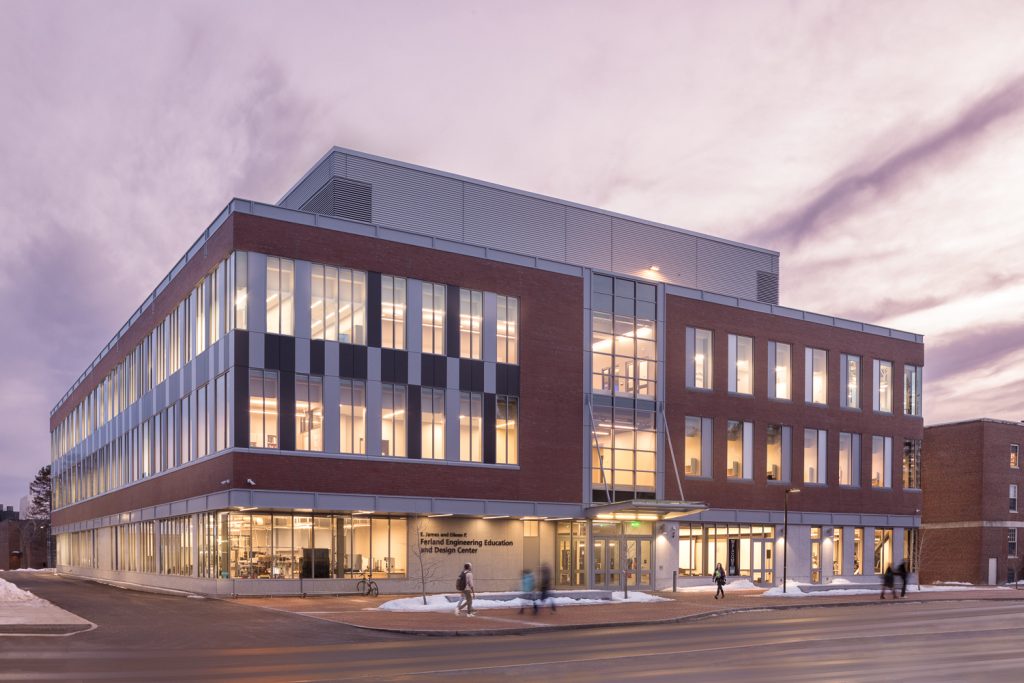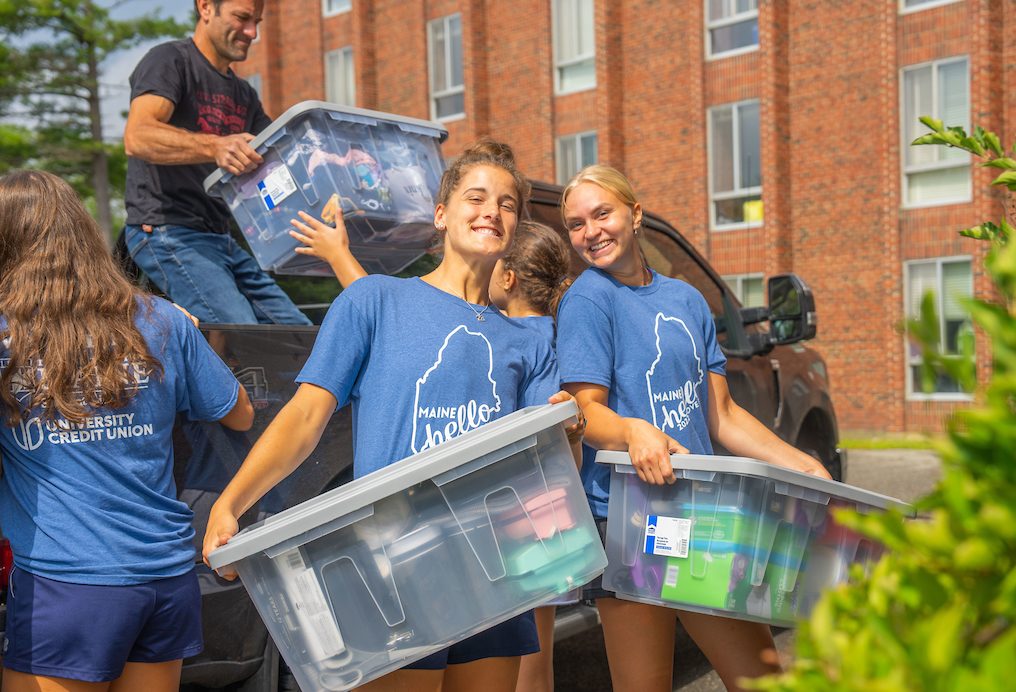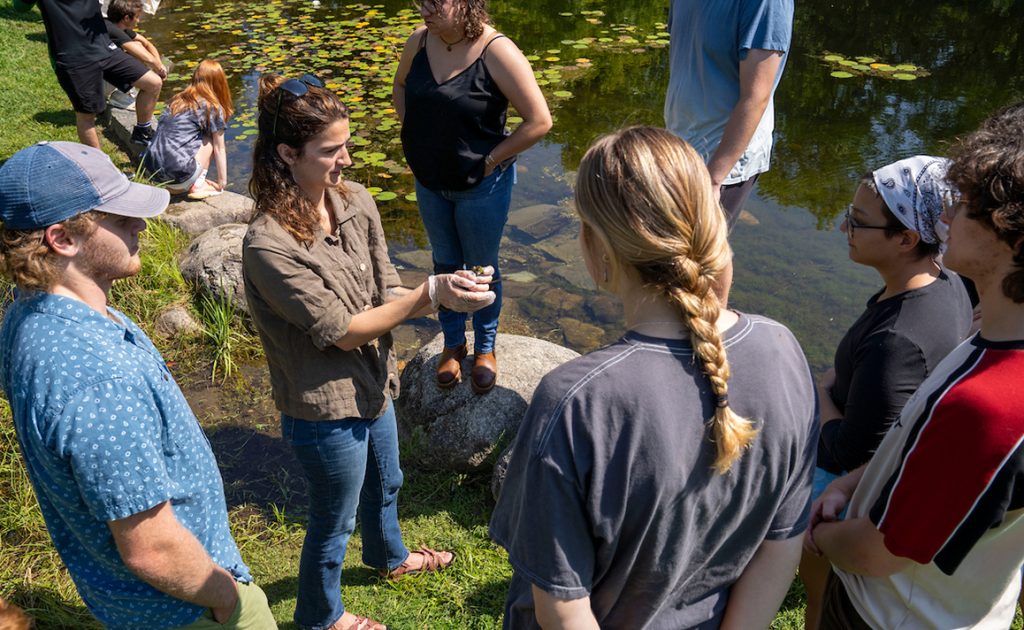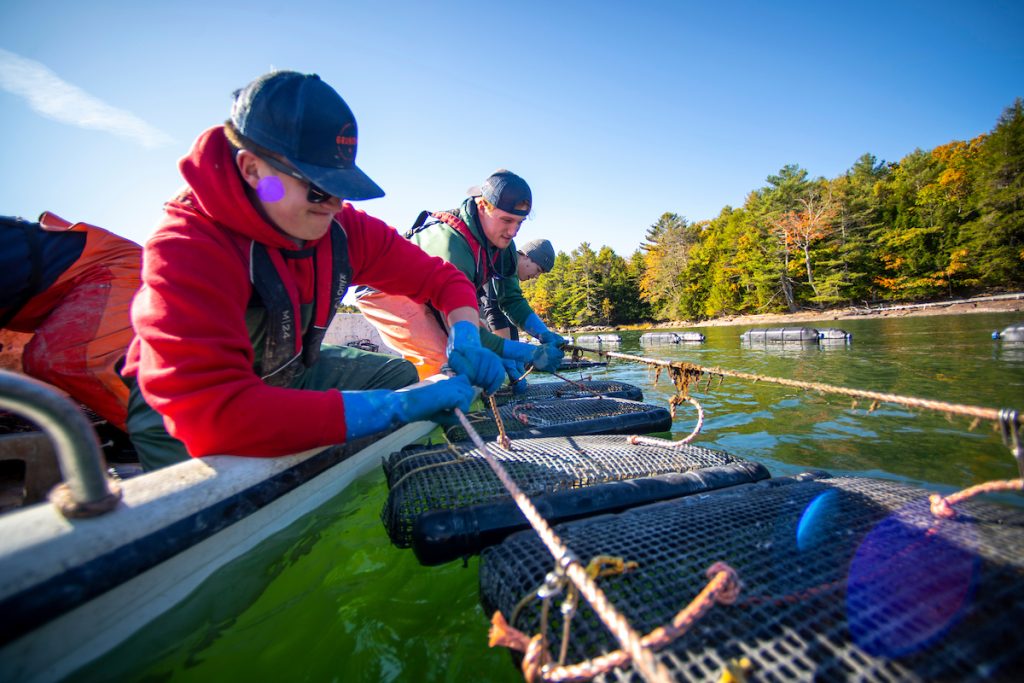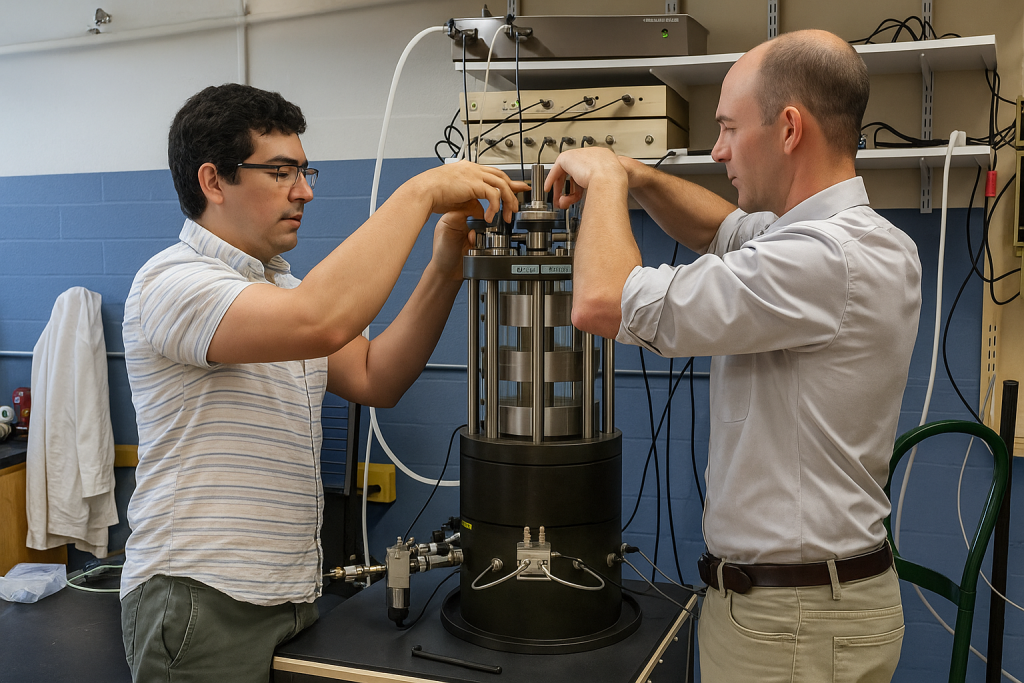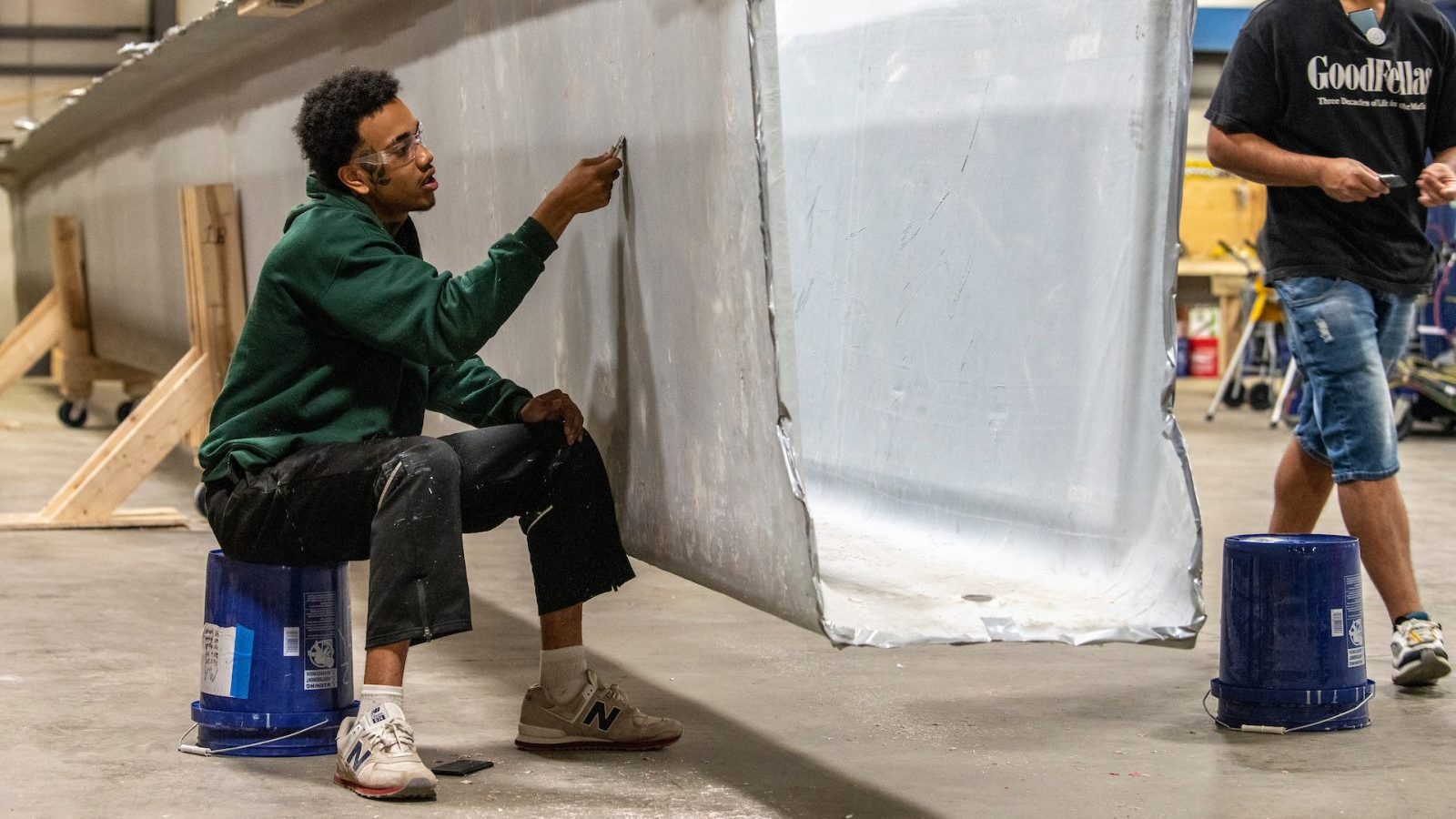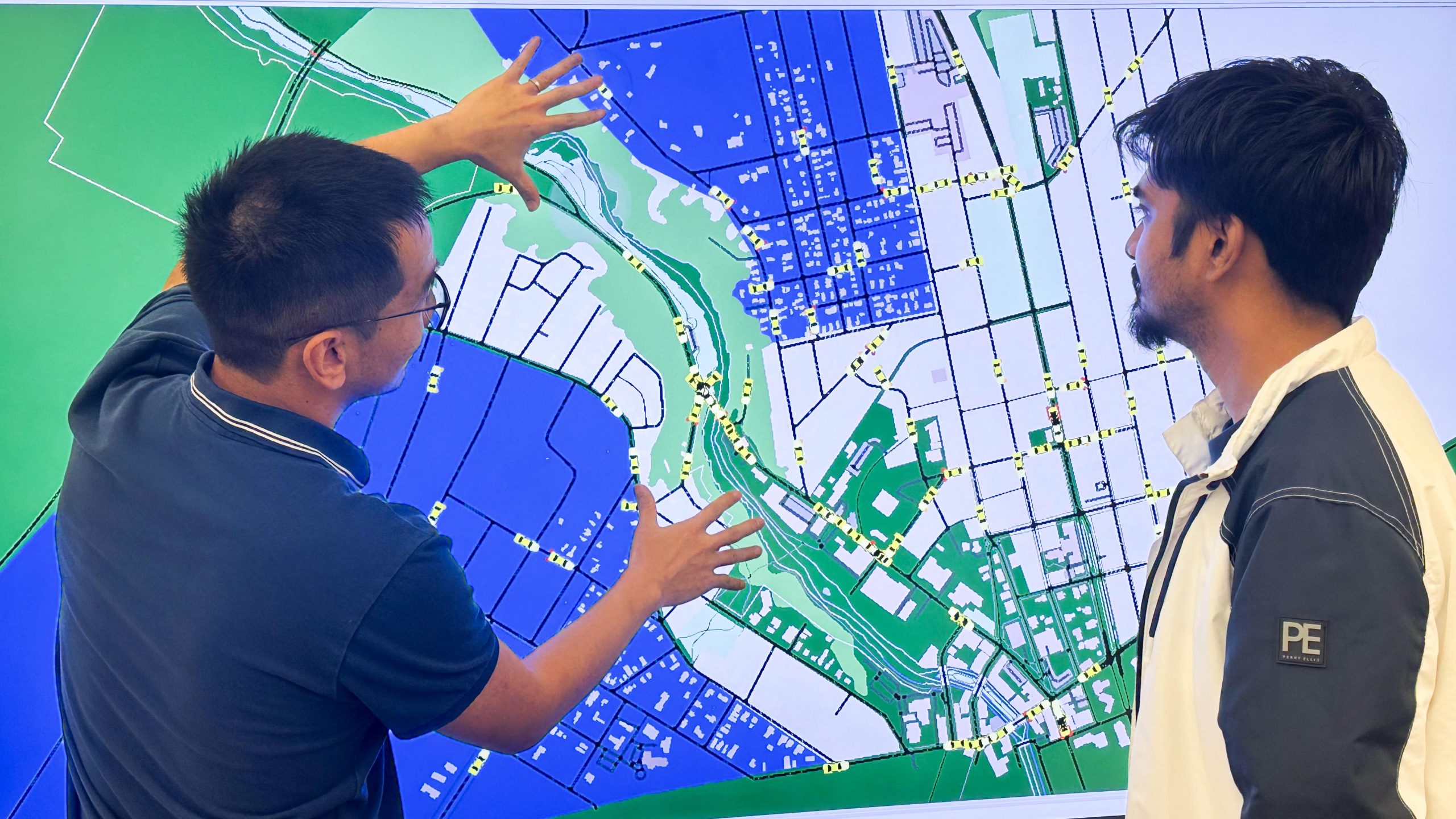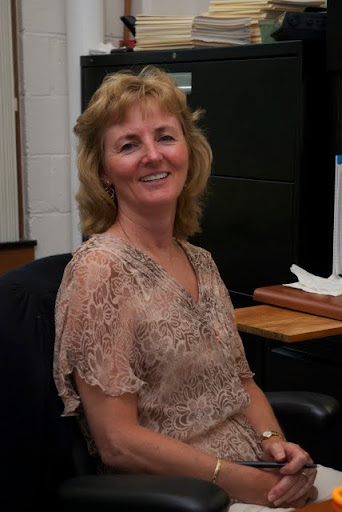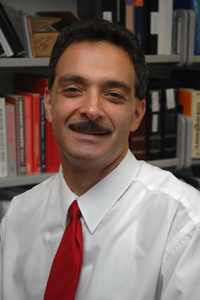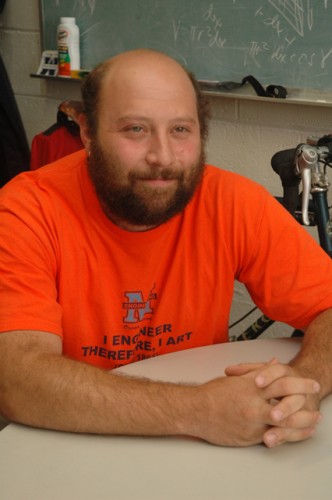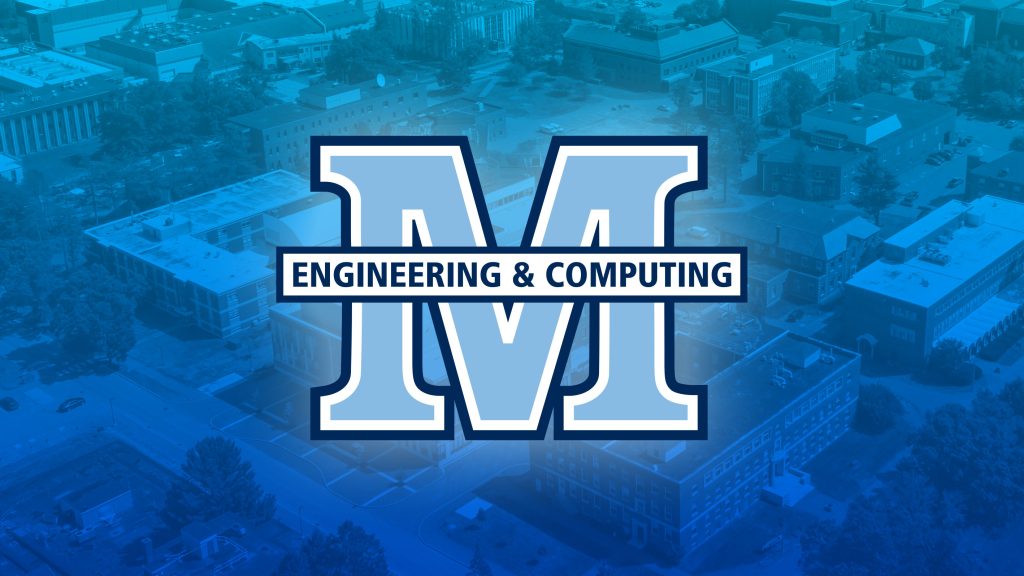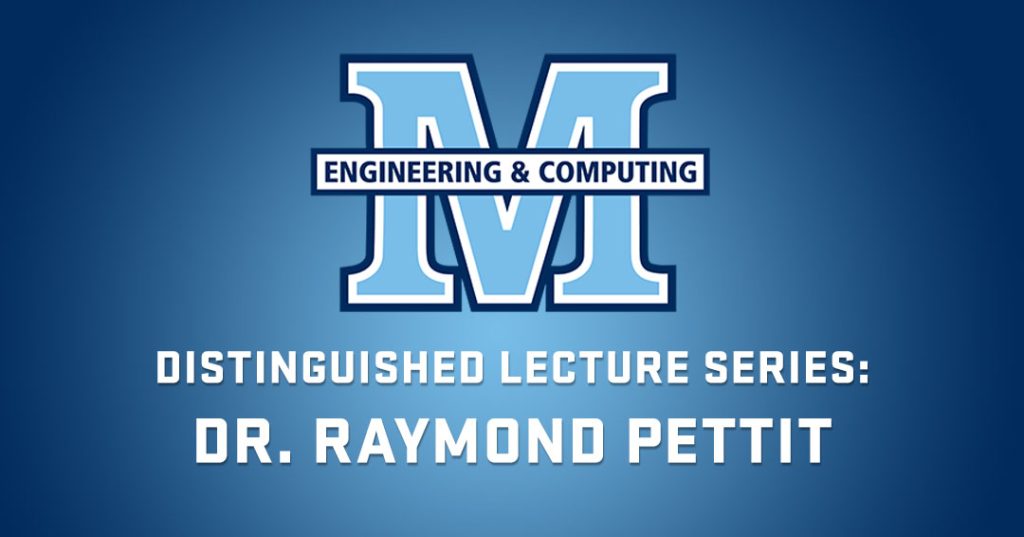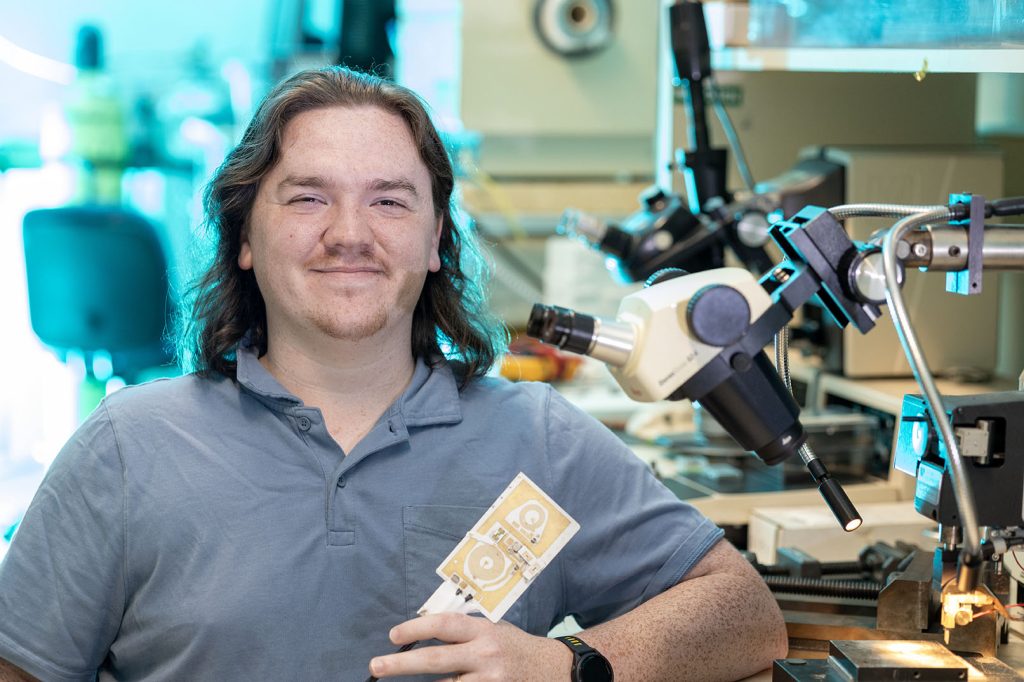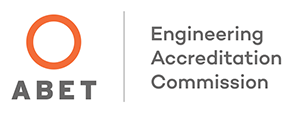Preparing students with the skills and knowledge to solve complex infrastructure challenges. Through a blend of hands-on learning and cutting-edge research, students specialize in areas like environmental, structural, and transportation engineering, preparing them to lead in their careers.
Civil and Environmental Engineering Overview
As one of the oldest departments at the University of Maine, the Civil Engineering program has a rich legacy, dating back to 1872. The program prepares students to become leaders in the planning, design, and construction of essential infrastructure—such as roadways, bridges, dams, and pollution control facilities—that serves society’s needs. At UMaine, civil engineering students engage in diverse research areas including environmental, geotechnical, structural, transportation, water resources, and coastal engineering.
Our curriculum balances foundational engineering principles with specialized research, allowing students to tailor their education to their interests. Students collaborate on projects like composite beams and timber bridges, gaining hands-on experience and developing essential skills in problem-solving, technical writing, and communication. Our faculty are committed to helping students grow into engineers who are prepared to meet the challenges of the modern world, making a lasting impact through innovative, sustainable solutions.
Programs Offered
Undergraduate Level:
UMaine Course Catalog, Overview of Degree Requirements
- Bachelor of Science in Civil Engineering
- Environmental Engineering Minor
- Ocean and Marine Engineering Minor
Concentrations
- Environmental Engineering
- Water Resources Engineering
- Structural Engineering
- Transportation Engineering
Graduate Level:
Incoming Student Information
Student Capstone Project Presentations
Project Management (CIE 413) and CIE 411 Engineering Project Design (CIE 411)
Senior civil engineering capstone projects challenge students to apply their technical knowledge, problem-solving skills, and teamwork to real-world engineering problems. These projects often involve designing infrastructure, improving sustainability, or solving structural, transportation, or environmental challenges. Through hands-on experience, students collaborate with industry partners, conduct analyses, and present innovative solutions that showcase their readiness for professional engineering careers.
civil & environmental Engineering
Graduate Programs
Explore advanced degrees in Civil & Environmental Engineering, where innovation meets efficiency. Our graduate programs equip students with cutting-edge knowledge and practical skills to tackle global infrastructure and environmental challenges. Join a community of forward-thinking engineers shaping a better future.
Research
The University of Maine is a leading research institution with world-class research facilities such as the Advanced Structures and Composites Center. Maine is an EPSCoR state and UMaine leads the National Science Foundation (NSF) funded SEANET project which mainly focuses on sustainable aquaculture.
Free Civil Engineering Software
EverFE & EverStressFE are free, user-friendly 3D finite element tools for pavement analysis.
EverFE models jointed plain concrete pavements; EverStressFE models flexible asphalt pavements.
Our Faculty & Staff
At MCEC, our faculty is the heartbeat of our academic community. Dedicated, inspiring, and deeply knowledgeable, our professors go beyond the traditional classroom experience to foster real-world skills and a passion for learning. Whether mentoring, leading innovative research, or providing personalized support, our faculty members are committed to empowering students to achieve their highest potential
Bill Davids
Ruijie “Rebecca” Bian
Manisha Choudhary
Brenda Collamore
Habib Joseph Dagher
Nyxen R. Fisher
Aaron Gallant
Kimberly Huguenard
Shaleen Jain
Eric N. Landis
Roberto Lopez-Anido
Jean D. MacRae
Reed Miller
Edwin Nagy
Xenia Rofes
Lauren Ross
Junyue Holden Wang
Georgios Boumis
Hao Líu
Department Contact Information
Civil & Environmental Engineering
Bill Davids
william.davids@maine.edu
Department Chair
Brenda Collamore
brendac@maine.edu
Administrative Specialist
5711 Boardman Hall, Room 117
Orono, Maine 04469-5711
Tel: (207) 581-2171
MCEC NEWS



